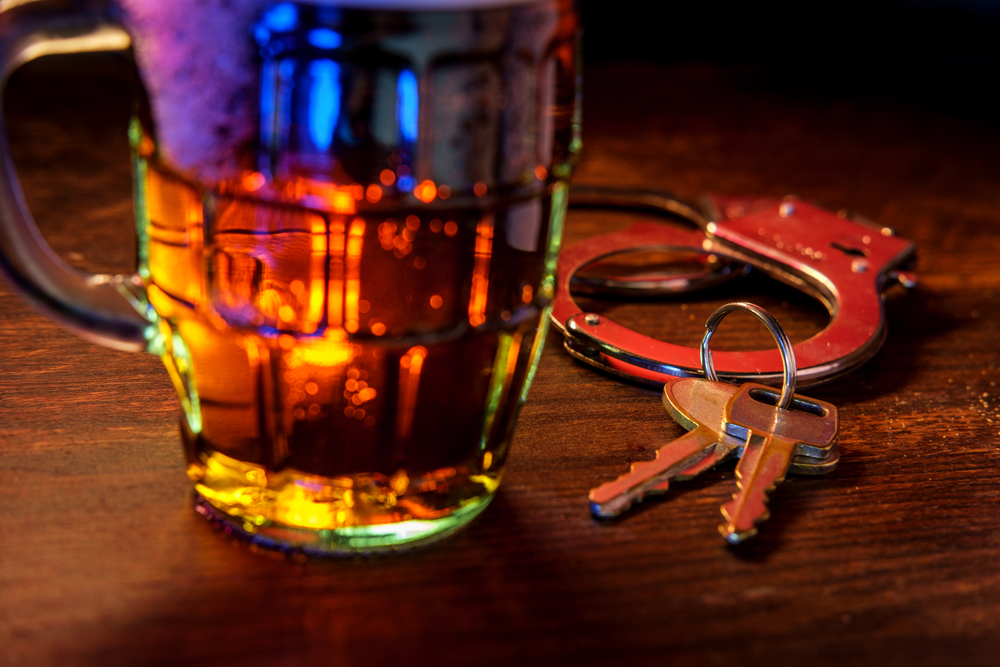Driving While Intoxicated (DWI) is considered a serious crime in the State of Texas and can come with serious consequences. Yet, most of the people who are charged with a DWI in Texas are hard-working people with no criminal history. The first and second DWI offense is considered a misdemeanor. But after that, it’s considered a felony. The same is true for any of the following charges:
- DWI with marijuana.
- DWI with prescription drugs.
- Flying while intoxicated.
- Boating while intoxicated.
There are also people get charged with the following offenses:
- Driving with an open container.
- DWI with a child passenger.
- Intoxication assault.
- Intoxication manslaughter.
Every one of these cases can lead to the following:
- License suspension.
- Scram bracelets.
- Jail time.
- Ignition interlock.
- Fines and fees.

It can also result in license renewal surcharges from the Texas Department of Public Safety of $1,040 a year for up to three years. It can also lead to enhanced penalties, depending on who the “victim” was if you caused an accident. There are a lot of collateral consequences that can affect your entire life.
Long-Term Consequences of a Texas DWI
Some of the long-term consequences of a DWI conviction in the State of Texas can include but may not be limited to:
- Your ability to find and keep a good job, which can include careers that require a security clearance or professional licenses.
- Your ability to provide for your family and to have custody of your children.
- Your ability to get a student loan or mortgage.
- Your ability to rent an apartment.
- Your ability to own and use a firearm.
- Your ability to vote.
Even after you have completed your sentence, you will have to pay the price. Some people (such as first-time DWI offenders with a breath test or blood test) may be eligible for an expunction or nondisclosure, but other people (including those who have been convicted of a felony DWI) can lose some of their basic constitutional rights. They can sometimes be reinstated in the State of Texas, but it can be a difficult and time-consuming process without any guarantees.
Why You Should Fight a DWI in Texas
The consequences of a Texas DWI are enough reason to fight these kinds of charges, but it’s your name that’s really on the line. Anyone can get a DWI in Texas, but a conviction can set you back. You can lose time with your family or miss out on an important business affair. That’s why you need to fight a DWI charge. You could be fighting for your ability to keep your life as you knew it. But, if there was a breath or blood test that shows you were illegally intoxicated, how can you fight it?
There are two things you should keep in mind:
- Even if there is alleged evidence that showed you were illegally intoxicated, a DWI in Texas is still defensible.
- You are considered innocent until you are proven guilty.
A qualified attorney will be able to approach your case from all angles, so they can prove your innocence or weaken the State’s case against you.
How to Fight a DWI in Texas
While a Texas DWI is considered a criminal offense, it’s a specific area that requires a more specialized understanding of the laws, the tests being used as evidence, the practices and policies of law enforcement with regard to collecting this evidence, as well as the court system. There are a lot of intersections in these types of cases, so a DWI attorney must know about them and how they work. They must also use that knowledge in a way that will work to your benefit.
Every case will need a specific strategy to be successful. There are certain ways that a DWI can be fought, and there are some techniques that can be helpful. Some of them can include but may not be limited to:
- Representing you at your ALR hearing for the purpose of getting important evidence on which to build your case.
- Challenging any violation of your constitutional rights (including failure to have reasonable suspicion to pull you over, as well as the improper search and seizure of your person or property).
- Challenging field sobriety tests.
- Challenging breath tests.
- Challenging blood tests.
- Challenging the DRE and its results.
- Moving the court to suppress evidence or exclude testimonies from witnesses.
- Using police reports to identify key pieces of information, and challenging police officers with regard to the collection evidence as well as the proper administration of the law.
- Proving that any accident that occurred wasn’t your fault.
Your ability to defend a DWI in Texas will depend on your attorney’s knowledge of the law and how well he or she can put it together strategically. If you’re looking for a criminal defense lawyer in Corpus Christi that can help you with your case, be sure to get in touch with Gale Law Group.
